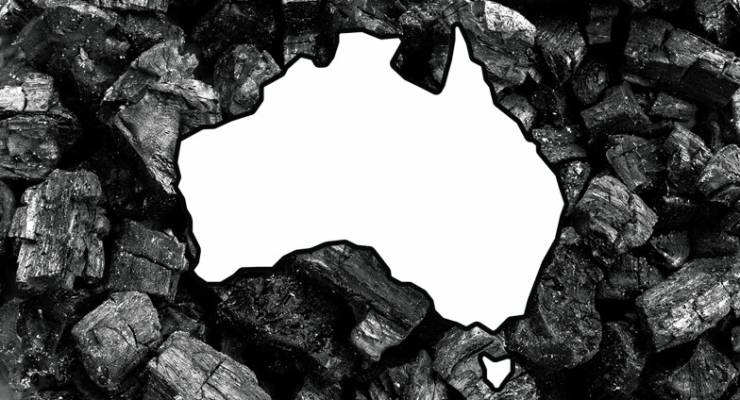
During the global financial crisis (GFC), banks, building societies, and credit unions were allowed access to the Australian government’s AAA credit rating, empowering them to compete for funding on the global market.
Australia’s scheme was more favourable than other countries’. It had no size limit; banks could use the AAA rating for any value of liabilities. It matured later; banks could issue maturities up to a maximum of five years unlike many foreign schemes, which did not guarantee debt beyond three years. There was no end date; it was open “until conditions normalise”.
It was cheaper too, and there were no upfront costs.
The Reserve Bank of Australia later estimated that the government guarantee was worth about $5 billion a year to the banks’ borrowing costs. In essence, it was a subsidy from taxpayers to shareholders. The banking sector received what was termed “the greatest industry subsidy in our history”.
The bailouts to strategic sectors and major corporations during COVID-19 are considerably bigger than the rescue package during the GFC. They also constitute a tremendous opportunity once we begin reconstructing Australia after COVID-19.
The risk absorbed by the taxpayer is more important than the cost. The Commonwealth should be entitled to equity in the major corporations that have received assistance. This should happen now, when share prices are affordable.
And, just as Australian students pay back their university fees once their incomes exceed some amount, corporations should be provided with income-contingent loans. The Commonwealth should retain a golden share of any intellectual property in vaccines or other discoveries funded by the taxpayer.
Just as planning for post-World War II reconstruction began in December 1942, planning for post-COVID-19 should begin now.
One small example: South Australian Senator Rex Patrick has suggested that Ferretti International in Whyalla could build the transmission towers for the SA-NSW inter-connector using Whyalla Steel. Instead of the job going to a foreign competitor on purely price considerations, keeping the work here would boost the order books of an Australian steelworks, create new jobs, and revitalise some of the smaller businesses in and around Whyalla.
It’s a good suggestion that could be taken more broadly.
A fundamental goal of reconstruction should be to increase domestic innovation and higher value-added sectors — such as high technology research and development, advanced manufacturing, and energy efficiency — rather than merely supplying raw materials for other countries to turn into finished products.
Reconstruction should increase Australia’s economic complexity, which is a function of a country’s diversification (the number of products exported). It decreases with ubiquity (the number of countries exporting the same product).
Australia has the lowest complexity of all the OECD countries, and our performance over the last 40 years leaves considerable room for improvement.
Australia’s exports remain highly specialised in a few products such as iron ore, coal briquettes, gold, petroleum gas and wheat — which are typically produced by many other countries.
According to the chief economist in the Department of Industry, Innovation and Science, “Australia’s economic complexity is an anomaly among advanced economies, with the economic complexity closer to that of a developing country”. Australia’s is “comparable to the economies of Kazakhstan, Cambodia, Kenya and Saudi Arabia.”
We have economic growth but not economic development — a condition typically found in imperial-colonial relationships, where an imperial power builds vertical economic linkages back to the economies of the metropolitan centres.
They result in monoculture economies that produce mineral resources and agricultural goods for exports. By contrast, horizontal economic linkages between domestic sectors generate a “spread effect”, such that mining operations enable new domestic industries and workers who are trained for more highly skilled tasks.
Reconstruction should give priority to economic development rather than mere economic growth. This crisis could be our turning point. Let’s not waste the opportunity for change.
Clinton Fernandes is professor of International and Political Studies at UNSW Canberra.








Crikey is committed to hosting lively discussions. Help us keep the conversation useful, interesting and welcoming. We aim to publish comments quickly in the interest of promoting robust conversation, but we’re a small team and we deploy filters to protect against legal risk. Occasionally your comment may be held up while we review, but we’re working as fast as we can to keep the conversation rolling.
The Crikey comment section is members-only content. Please subscribe to leave a comment.
The Crikey comment section is members-only content. Please login to leave a comment.